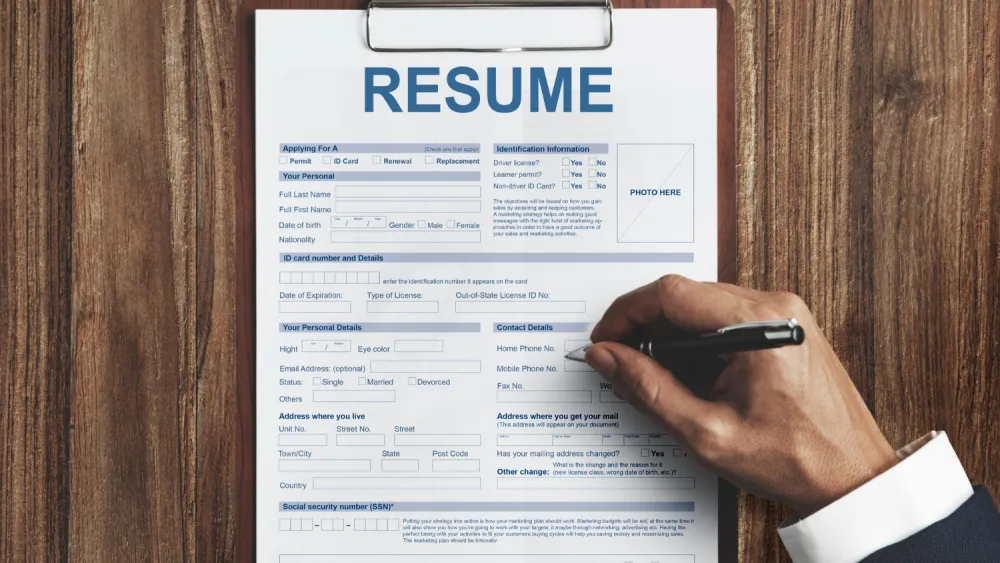
Employers weigh in options in facing the “new normal”
Staggered return and split teams may not be enough to squash their employees’ concerns.
Hong Kong companies are still divided whether they should continue on with their work-from-home (WFH) arrangements or have them face the “new normal” outside the comfort of their homes, but either way requires tons of additional costs and adjustments that will suit their workers’ needs and fear that another wave of infections might surge.
In a Bain & Company’s study, many CEOs reported that the lockdown has been liberating as organisations have changed their systems so that they can continue serving customers. “We have had many interesting conversations with clients about the ‘new normal’. Speculations span the possibility of leapfrogging to a virtual working model, a reduction of office footprint, and a new travel paradigm,” Mercer Hong Kong's CEO Vicki Fan told Hong Kong Business.
However for most workers, WFH is not as “liberating” as with their companies’ plans.
“From the employee’s viewpoint, working from home allows them to save on commuting hours and unwarranted interruptions in an office environment. With other responsibilities and obligations outside of one’s day to day job, employees now have the flexibility to schedule their days to accommodate aspects of their lives. However, some may experience varying levels of frustrations or symptoms associated with prolonged self-isolation,” said Randstad’s managing director for Greater China Natellie Sun.
A survey by Randstad noted that three out of 10 employees are not adequately supported to work remotely. Information and communication technology requirements, data accessibility, and information security are essential to address such challenges.
Currently, some companies have adjusted their weekly catch up to online and hosting webinars to educate employees on how to cope with such work arrangements. Business leaders are also designing a new set of KPIs to drive productivity remotely.
But in the event that such issues do not get addressed, Robert Walters’ director of human resources Tiffany Wong explained that it will lead to communication gaps between managers and the staff, bringing difficulties in monitoring their work as some are not mentally ready or mature enough to handle WFH independently. “This lack of communication is certainly a worrying one as it will negatively impact productivity in the long run,” Wong said.
Sun also added that Hong Kong’s fast pace and tight spaces will also pose special challenges in the WFH model. As many work in bedrooms or study rooms, this will eventually also make them easy to forget taking a break for lunch or end work, which will unfortunately lead to a burnout.
In the same vein, Fan noted that many Hong Kong families do not have a home office set up, which results in a blurring line between their personal and professional realms and have had to grapple with the demands of work and life. Many are also experiencing ‘digital fatigue’ where employees are overloaded with virtual content and interactions.
“In the course of the pandemic, employees are looking to their employers as a key, critical source for support. We’ve seen many companies step up to support–for example, allowing for flexibility in work schedules, offering emergency funds, and, most importantly, showing empathy and building togetherness,” Fan stated.
Wong also suggests that employees may maintain a routine for work even if they are at home to address the drawbacks of working remotely. They may also use online communication tools more often to stay connected with colleagues and occasionally work at public spaces or cafes.
Back to “normal”
Despite employees’ qualms on getting back to the office, many Hong Kong companies have developed a return-to-work transition plan. “Operationally, companies should consider the infrastructure and technology required to support the return-to-office and flexible work, review/refresh HR policies where appropriate, and have the decision-making mechanisms and business continuity plans in place for any potential change in the pandemic,” Mercer’s Fan stated.
Trends seen by HR firms on this note are staggered return, split teams, continuation of flexible work arrangements, and combinations. Some companies are continuing to use shift work arrangements to minimise the number of employees in the office and to prevent overcrowding.
Robert Walter’s Wong revealed that most companies start off with shifts to allow their employees gain confidence in taking public transport before resuming work full time. However, she warned that companies should still also consider factors such as the feasibility of continuing working from home (WFH) arrangements, office’s hygiene level, social distancing, and flexible working hours in their preparations.
Apart from prioritising health and safety, Randstad’s Sun reminded employers that they need to keep in mind the logistical costs such as demarcating the work stations that can be used to achieve the one-metre spacing, marking available seats in the meeting rooms and making sure employees have access to supplies such as hand sanitisers, masks and soap.
“Even as companies transition their workforce back to the office, it is important to fill the gaps they have discovered during the work from home period. Being able to invest and adapt digital solutions will not only offer companies the opportunity to be at the forefront of innovation, but also enable them to be more agile and flexible in the way they work,” Sun said.
By: Janine Ballesteros


















 Advertise
Advertise








